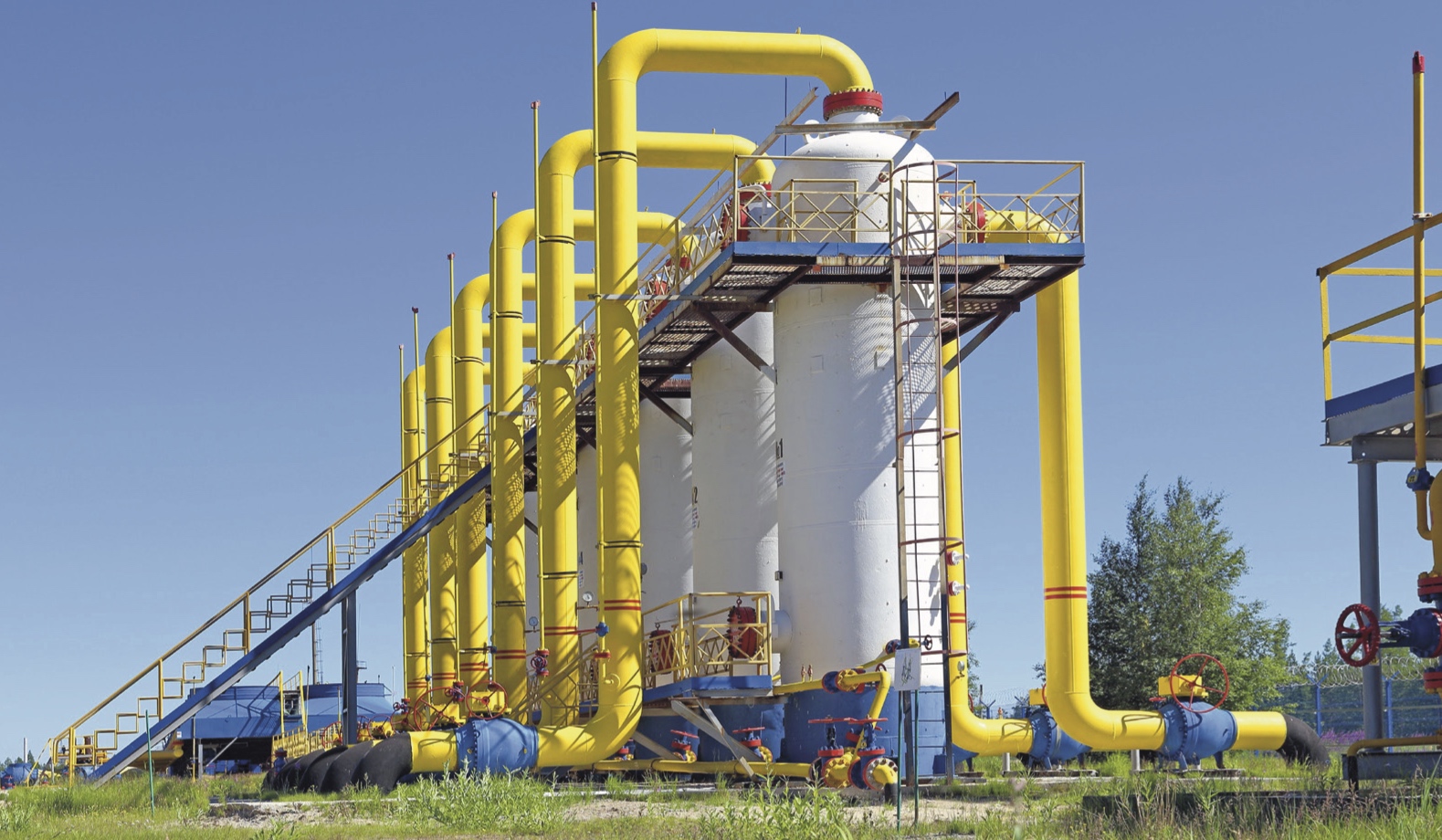
Talks between Bulgaria and Russia over resuming the supply of gas from Gazprom will likely fail due to a slap in the face from Moscow and their current geopolitical advantage, according to a leading energy expert.
Energy Minister Rosen Hristov announced on Monday that entering into negotiations with Gazprom would now be inevitable after previously stating that such talks would take place only as a last resort.
Vasko Nachev, a well-known Bulgarian energy expert, predicts that ultimately, talks Gazprom will probably fail due to the stance of the Kremlin and the delicate political situation in Sofia.
“The negotiators will receive a resounding slap from the Kremlin. The bad thing is that in less than two months they will be removed from power, but the rest of us will have to eat what they will cook in the meantime”, he said, noting that the geopolitical bias is in favour of Russia.
“We are actually being pushed into a crisis we cannot get out of,” he added.
The stance that talks will likely resume comes a few months after the coalition government, led by now-outsted prime minister Kiril Petkov cut all ties with Gazprom, refusing to pay in rubles. Instead, he cut a number of deals with the US and Azerbaijan.
Hristov told the media that Bulgaria has no gas resources after September, using it as a justification to restart negotiations. However, this directly contradicts a statement from the Bulgargaz Director Denitza Zlateva on 17 August, who said there are reserves until the end of the year.
In terms of the agreements with the US, the caretaker government appointed by Russia-friendly President Rumen Radev and led by Prime Minister Galab Donev, said on Friday it will only accept one of the seven earmarked shipments of US liquefied natural gas. This is despite the fact that these prices are below those currently on European exchanges.
The next day, the pro-European coalition “Democratic Bulgaria” accused the caretaker government of making the return to Gazprom seem like an option without an alternative.
By Monday, Democratic Bulgaria’s assessment seemed to be confirmed by the energy minister’s speech. Hristov said that Bulgarian business cannot bear a higher price than €125 per megawatt hour and this forces the government to enter into negotiations with Gazprom Export to resume gas supplies under the current contract.
The current price for August is €150 without additional fees and taxes. The price of gas under the current contract with Gazprom is equal to 70% of the prices on the Dutch gas exchange meaning Russian gas could be more expensive than Bulgarians are currently paying.
Former MP with the ousted coalition said there is no way Gazprom will offer lower prices.
“All the talk about how we will die without Russian gas is a lie. This is obviously a plan to confuse society, and this plan includes the abandonment of six of the seven LNG ships [from the US], the so-called search for other alternatives and sabotaging the interconnector [between Bulgaria and Greece],” Panev wrote on social media.
Additionally, Hristov said that Bulgaria will also negotiate with Azerbaijan for additional quantities of gas. They will be at market prices, which again does not mean cheaper gas for the Bulgarian economy. Hristov hopes that “success will be achieved in these negotiations in the next two weeks”.
On Sunday, Russian ambassador Eleonora Mitrofanova said that if Bulgaria agrees to pay in rubles, gas supplies under the current contract will be renewed.
“In order to restore gas supplies, a new contract is not needed as the current one runs until the end of December this year. The missed months without supplies may also be subject to negotiations. Everything depends on you,” she told the media.
Bulgaria’s contract with Gazprom states payment should be made in US dollars while Sofia has so far refused to pay in rubles due to conversion risks.
Meanwhile, Greece is expanding the terminal on the island of Revitusa, and the Greek authorities claim that Bulgaria can receive gas from there. However, according to the caretaker government, this is too expensive.
Asides from price concerns, there are warnings are that Gazprom has proven to be an unreliable supplier and they could stop supplies in the middle of winter when the current contract ends, putting Bulgaria in a very difficult situation.
Others are allso concerned that a return to Gazprom could mean a return to stronger Russian influence in Bulgarian politics and society.

